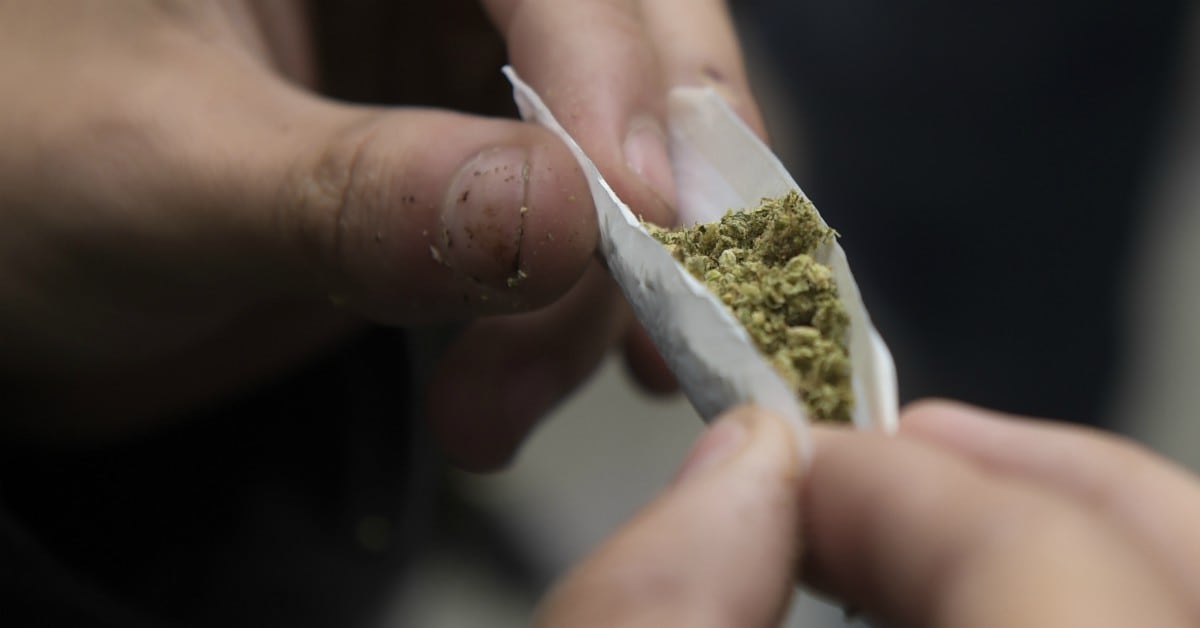WASHINGTON — In an era of rapidly evolving marijuana norms, the nation’s sea services recently issued new guidelines designed to cut through the cannabis confusion.
Binding for all sailors, Marines and Coast Guardsmen, the directives continue what officials call “zero tolerance” policies for pot and expand prohibitions on cannabis-based products and firms, despite efforts by both federal and state lawmakers to liberalize the industry.
At the federal level, much of the recent confusion dates to five days before Christmas, when President Donald J. Trump signed into law the Agriculture Improvement Act of 2018.
Folded into the farm bill’s language was a revolutionary push to legalize the production and transportation of goods derived from cannabis plants, so long as they don’t contain more than 0.3 percent of tetrahydrocannabinol — or THC — the chemical that gets you high.
So it was inevitable that loosening restrictions on hemp production would bedevil the Navy, Marine Corps and Coast Guard, sea services which for generations have outlawed cannabis under Article 112a of the Uniform Code of Military Justice.
THC remains classified by the federal government as a Schedule 1 drug, which is why armed forces routinely conduct random urinalysis testing on personnel and prosecute or administratively discharge those who pop positive for pot in their pee.
That’s left the military to grapple with a pot puzzle: How do you regulate good order and discipline when personnel see cannabis-based products that are legal to buy but they contain trace amounts of a substance that’s still outlawed by the feds?
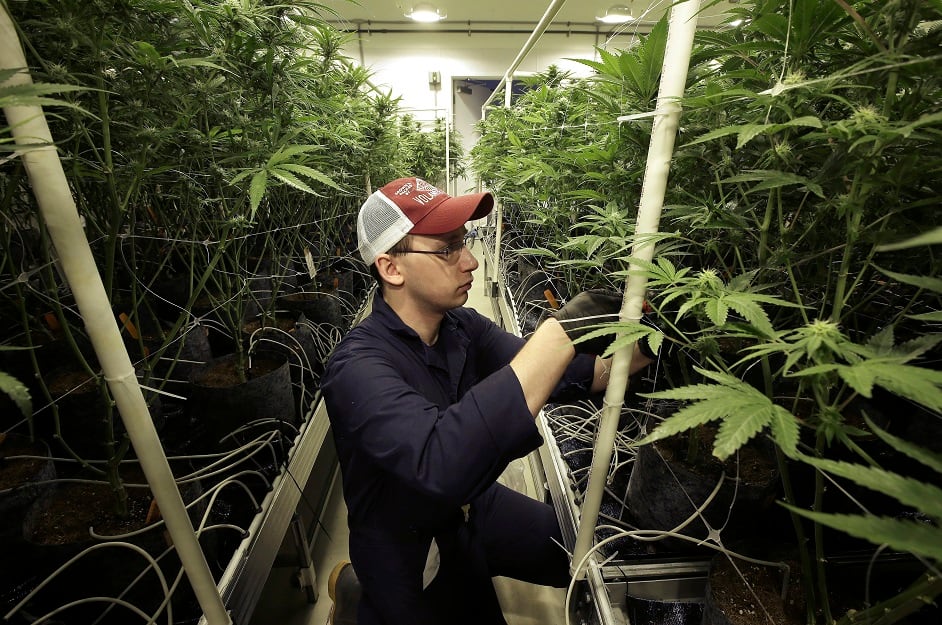
And a bigger headache for the sea services might be the ongoing effort by an increasing number of states and municipalities to decriminalize the possession and commercial distribution of products larded with cannabidiol — or CBD.
CBD is a cannabis compound that isn’t intoxicating but is psychoactive, which is why the Food and Drug Administration has approved the CBD-derived epilepsy medication Epidiolex.
Eleven states and the District of Columbia let adults use cannabis and 33 have legalized medical marijuana, but CBD falls into a murkier area.
Although it has issued warning letters to some businesses allegedly engaging in deceptive advertising about CBD products, FDA doesn’t regulate much of the cottage industry that’s sprung up to market the hemp byproduct.
Instead, a patchwork of state policies quilt the country, with some legislatures outlawing the products, others allowing their sales and the rest regulating the amount of residual THC they can contain.
The new directives from the Pentagon and Department of Homeland Security try to address all that.
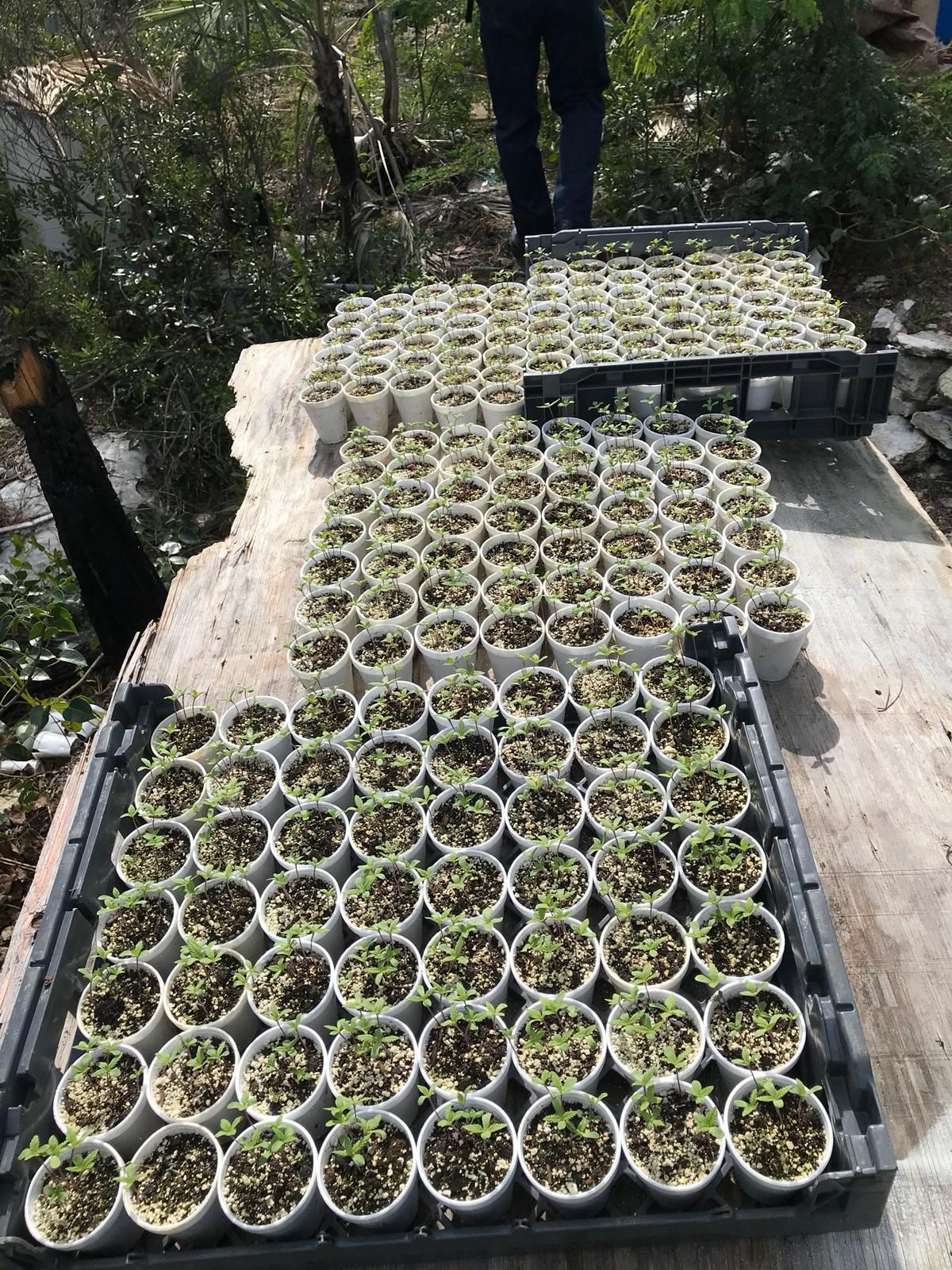
On Aug. 7, Secretary of the Navy Richard V. Spencer released ALNAV 057/19, which continues to ban all products derived from hemp or marijuana, including CBD, even if they’re considered legal in states where military bases are located.
To Spencer, without FDA regulation of the CBD industry his sailors and Marines can’t “rely on the packaging and labeling of hemp products in determining whether the product contains THC concentrations that could cause a positive urinalysis result.”
Any Marine or sailor who tests positive for THC, regardless of the legality of the product that contained it, faces zero tolerance administrative processing that could trigger an Other Than Honorable discharge, loss of veteran’s benefits and federal and state gun rights.
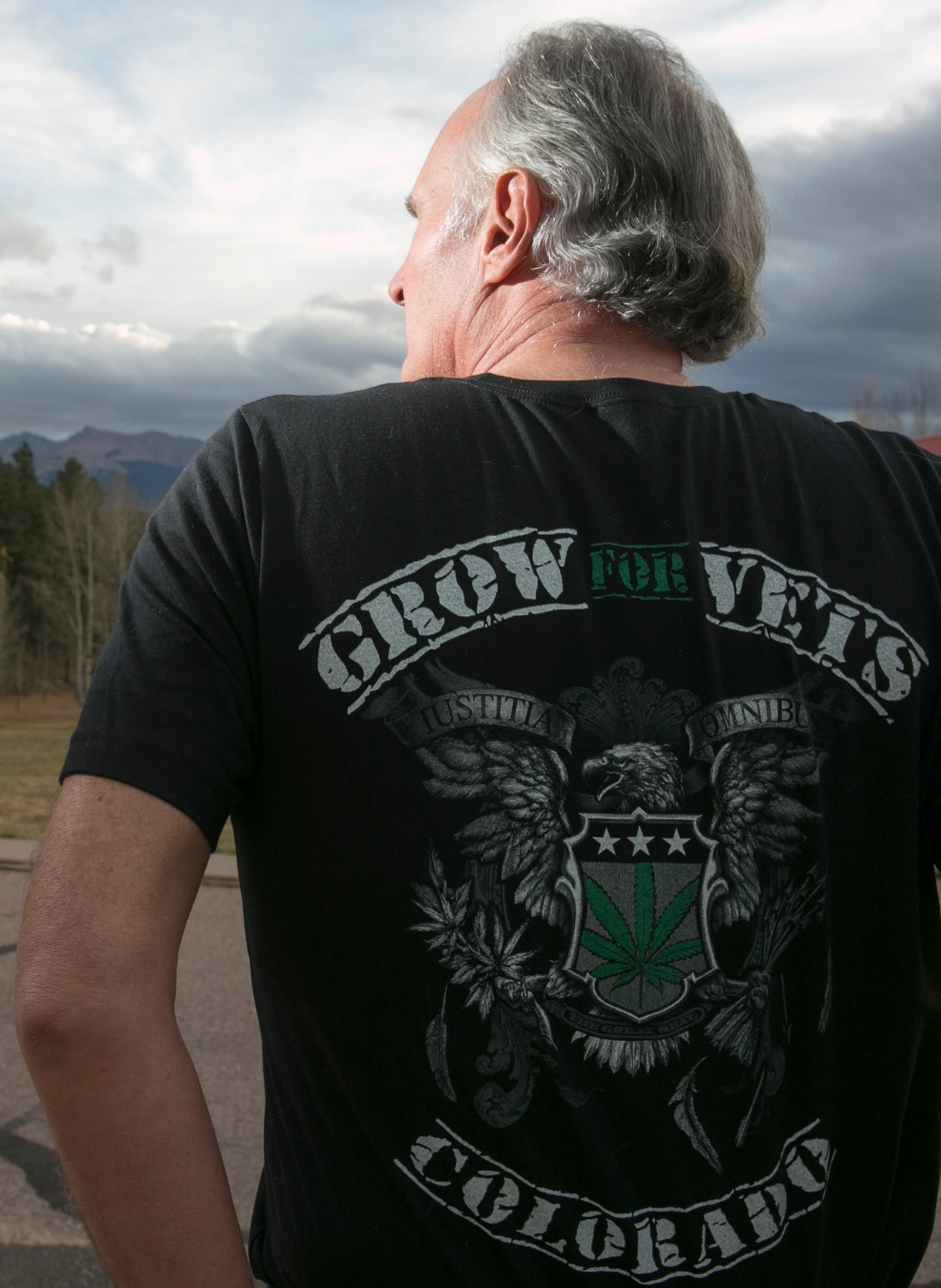
Released on July 29 by Coast Guard Commandant Adm. Karl L. Schultz, ALCOAST 079/19 went even farther, threatening to prosecute personnel who intentionally support or even enter an establishment that primarily makes or sells marijuana products.
Noting that his Coasties serve a federal law enforcement mission, Schultz said in his directive that he expects them “to maintain a lifestyle that neither condones the use of illegal substances nor exposes them to accidental intake of illegal drugs.”
Despite state efforts to legalize marijuana, the drug remains banned under federal law and any Coast Guard member who knowingly becomes “an owner, operator, vendor, or direct investor for a marijuana business” — or assists or encourages these enterprises — will violate the UCMJ, he wrote.
“Coast Guard military personnel are prohibited from knowingly visiting, entering, remaining in, or patronizing or otherwise conducting any kind of business with any establishment whose primary and prominent purpose is the growth, manufacture, sale or distribution of marijuana or Tetrahydrocannabinol (THC) products in any form for either medical or recreational purposes that violate federal law,” the commandant continued.
Schultz extended the ban to shops, mobile dispensaries and online or delivery services but not to medical facilities or pharmacies distributing FDA-approved prescription medications containing THC or cannabidiol.
As for civilian employees at his agency, Schultz reiterated an executive order that bars them from using illegal drugs, on or off duty.
“Because marijuana remains a Schedule I controlled substance under federal law, involvement with marijuana growing or distributing could negatively impact a suitability determination for continued federal employment. Involvement with such activities and establishments may also have an impact on military and civilian security clearances,” he warned.
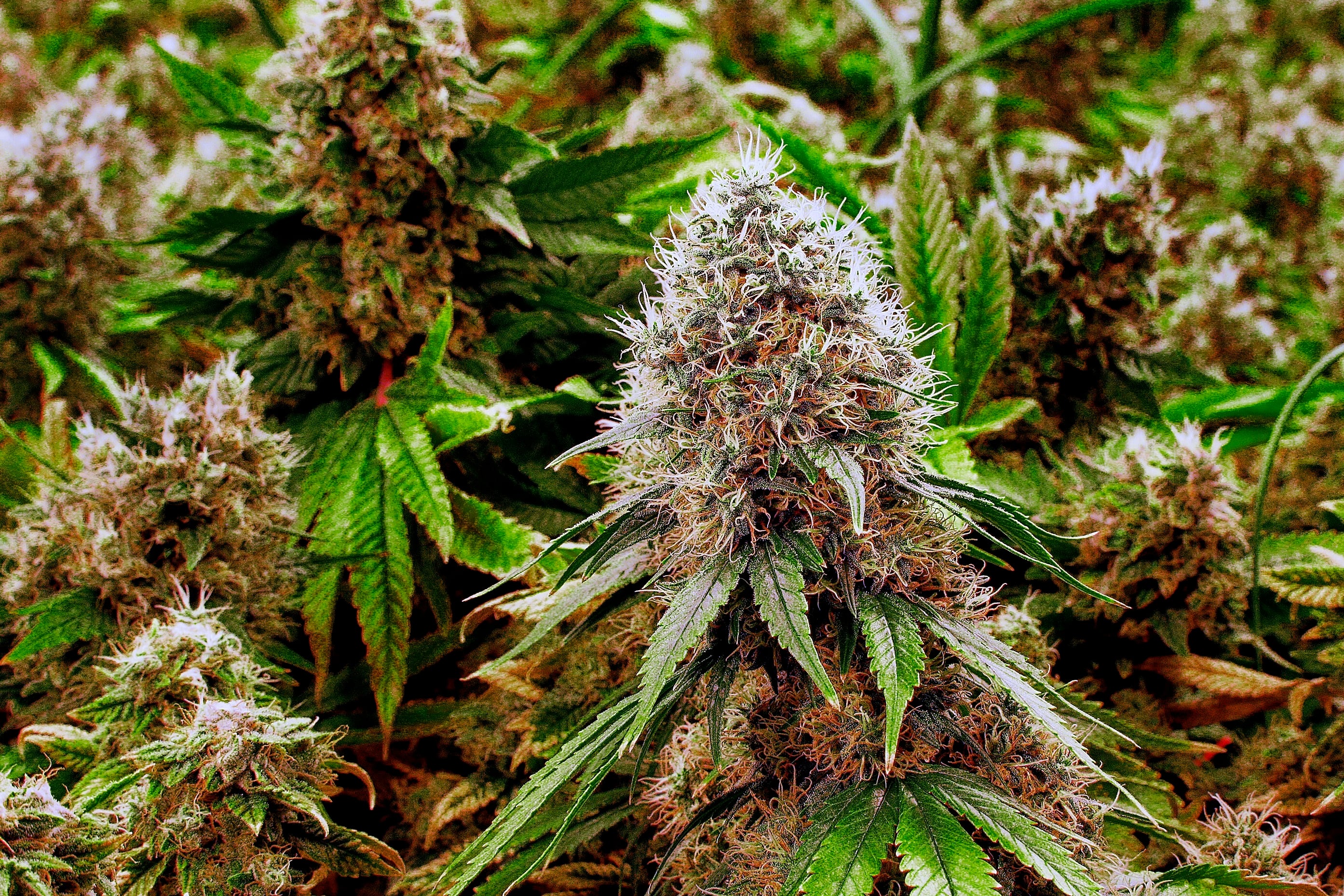
To get the BLUF on where the sea services are going with their latest anti-pot broadsides, Navy Times contacted the Chief of Naval Personnel and the Coast Guard’s Policy and Standards Division.
Chief of Naval Personnel spokesman Lt. j.g. Stuart Phillips told Navy Times that the latest directive reemphasizes its “zero tolerance” policy for drug abuse and several establishments that sell CBD products have been placed on restricted lists for sailors on liberty.
“The local law does not apply to sailors as it relates to CBD products,” Phillips said in prepared statement emailed to Navy Times. “Navy policy is zero tolerance for substance abuse, and it was not affected by the 2018 Farm Bill and its provisions regarding hemp- and marijuana-derived products.”
Although FDA-approved cannabis-based drugs that are prescribed by a physician such as Epidiolex are allowed, Phillips indicated that other CBD- and hemp-based products sold commercially “are strictly prohibited for use by sailors” because they “may still contain THC even if their labels claim otherwise.”
To the Navy, it remains illegal for sailors to eat, smoke, vape, inject or otherwise introduce hemp-derived products into the body expect for “topical products such as shampoos, conditioners, lotions, or soaps.”
As for the Navy’s civilian employees, Phillips said that the Pentagon has not established “definitive guidance on investing in marijuana dispensaries" but workers "should err on the side of caution before investing in dispensaries or any other entity dealing with marijuana.”
RELATED
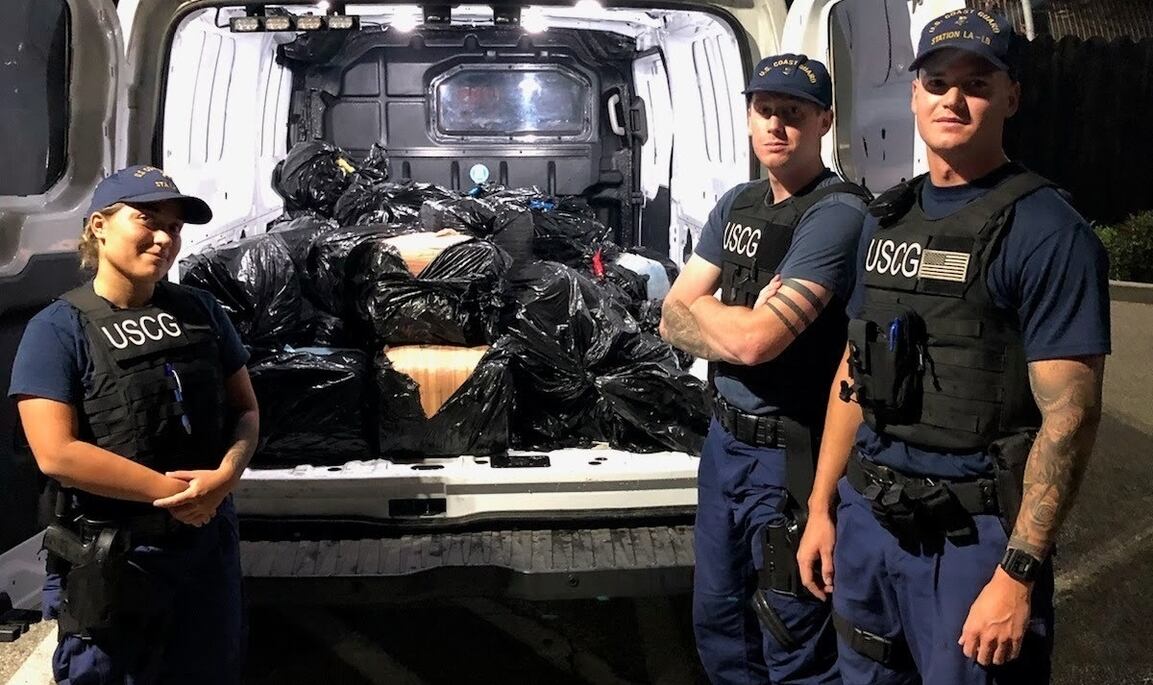
Cmdr. Matt Rooney, chief of the Coast Guard’s policy and standards division, said that the commandant’s guidance is designed to reemphasize his service’s core values during an era of shifting social norms.
The latest directive, he said, asks personnel to “err on the side of caution." He said that if policies evolve, the service will issue updates.
He and Coast Guard spokesman Lt. Cmdr. Scott McBride insisted that the heavy hammer of the UCMJ won’t fall on personnel who mistakenly walk into a store that dispenses marijuana- or hemp-based products — if they turn around and quickly leave.
“But, hey, if you’re going into a business knowingly, you’re ‘in shoal water,’ as we say in the Coast Guard," McBride said.
That’s Coastie for don’t do it.
Prine came to Navy Times after stints at the San Diego Union-Tribune and Pittsburgh Tribune-Review. He served in the Marine Corps and the Pennsylvania Army National Guard. His awards include the Joseph Galloway Award for Distinguished Reporting on the military, a first prize from Investigative Reporters & Editors and the Combat Infantryman Badge.
